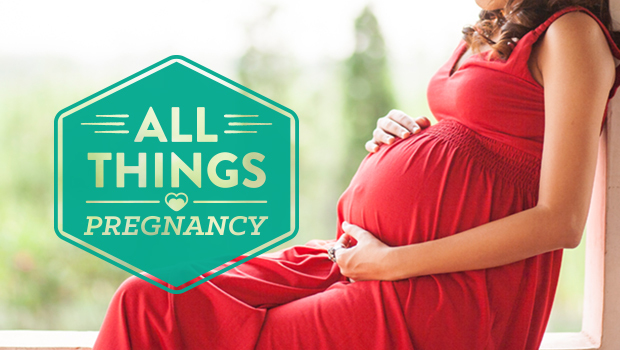
Postpartum depression (PPD) is depression that occurs during the first year after giving birth. According the the CDC, 1 out of every 8 women will experience PPD. Often times it goes unreported or under-reported so actual occurrence may exceed this estimation.
The causes and contributing factors of PPD are numerous: physical changes, hormonal changes, emotional changes, sleep deprivation, pre-existing health conditions, history of depression, family history of depression, weak support system, financial struggles, birth trauma, high stress issues during pregnancy, unwanted or unplanned pregnancy, difficulty breastfeeding and many more. (1)
Symptoms of Postpartum Depression
Symptoms of PPD include: mood swings, anxiety, irritability, sadness, crying, feeling overwhelmed, reduced concentration, sleep habit changes, appetite changes. The symptoms a woman experiences may include all or a few of these, and will interfere with the care of herself and her baby. These are also symptoms of the Baby Blues which 80% of women experience. (2). The differences between Baby Blues and PPD are in the duration and degree of dysfunction. The Baby Blues tends to last the first 3 months after birth and has mild dysfunction, while PPD can occur anytime in the first year and creates moderate to severe dysfunction as well as the potential for suicidal thoughts. (2) For some women, PPD is a continuation of antenatal depression which is depression that begins during the pregnancy.
For any woman who has experienced PPD, chances increase with subsequent pregnancies that she will develop it again. It is estimated that 25-50% of women who have had PPD will have it again with another pregnancy. (3) Women who have the following factors have an increased chance of having recurring PPD: antenatal depression, history of Major Depressive Disorder/family history of mental illness, poor social support, birth of multiples and gestational diabetes.
Prevention of Postpartum Depression
Prevention strategies for recurring PPD are the same as those for initial prevention. Having as many of those factors as possible under control may help to prevent recurring PPD or lessen the severity of dysfunction with its recurrence. Preparing for a pregnancy after having PPD may include setting up a firm foundation for yourself so that if depression does start to present, you can recognize it and prevent it or lessen its effects on your life.
- Create a healthy lifestyle by eating healthy foods, exercising, getting adequate sleep.
- Avoid isolation. Stay in contact with friends, family and healthcare providers.
- Set realistic goals and expectations.
- Get appropriate and adequate prenatal and postpartum care.
- Set up a strong support group and utilize them. Ask for help. Know your community resources.
- Create time to care yourself and your needs. Develop “me time”.
- Avoid use of narcotics, alcohol and recreational drugs which can trigger and/or cause depression to intensify.
- Considering counseling and community mental health support- especially with a history of PPD.
- Be honest with your health care providers and ask for support and advice from them.
Follow through with treatment plans.
(1,3,4)
Nutritional Support
There are specific nutrients that can help prevent and lessen the degree of depression. During pregnancy, even with prenatal vitamins, women may become nutrient deficient. These deficiencies contribute to the onset and recurrence of PPD. Eating a diet that consists of fresh vegetables and fruits, whole grains, healthy fats and proteins without chemical additives, preservatives, or processing is appropriate for any pregnant or postpartum woman. The following nutrients a specific to preventing depression. (5)
- Essential fatty acids: omega 3 fish oil, flax seed oil, nuts, seeds, avocado, olives/olive oil, coconut oil, dark chocolate, MCT oil and MUFAs.
- Vitamin D – which is actually a hormone and not a vitamin, helps prevent mood swings and depression
- Zinc
- Vitamin B complex with folate or methyl folate
- Magnesium
- Eggs
- Selenium
(5)
Special Considerations Before a New Pregnancy
If you have experienced Postpartum Depression in the past and are contemplating having another pregnancy, you may have some reservations about whether you will have a recurrence of your PPD. And, in all honesty, you may. However, the more prepared you are, the less likely it is that you will have a recurrence and if you do then preparation may help to decrease the severity.
Also, if you do start to experience depression or are exposed to known triggers it is paramount that you get help as soon as possible to stop the cascade of events that can become PPD. Be honest with your self. Participate in self-assessment and be willing get help from appropriate channels that can decrease stress and improve your state of mental well being. Postpartum Progress is a non-profit website with a whole community of mothers working through these challenges.
Unlike the Baby Blues, PPD may cause suicidal thoughts and ideation, or ideas of harming yourself, your baby or others. If these thoughts occur please seek help immediately. Call a friend or family to help quickly. Call your health care provider’s office, go to the urgent care center or ER near you. Here are some numbers to keep available:
- National Suicide Prevention Hotline 1-800-273-8255
- National Crisis Hotline 1-800-522-9054
- www.suicide.org
Postpartum Psychosis may also occur in the first year after childbirth. It includes the same symptoms as PPD but is even more severe and may include hallucinations, paranoia and other psychotic features. The onset is usually within the first two weeks of childbirth and is sudden and severe. In these cases, it is very important to get help while you are still have insight that you are ill. Although Postpartum Psychosis is rare (less than 1-2 out of every 1000 births) it is a potentially dangerous condition that requires immediate intervention. (3)
Ultimately, the decision about whether to have another baby or not is a personal choice between you, your family, and your healthcare providers. Having postpartum depression with one baby doesn’t mean you’ll have it with another. Taking the steps above to address triggers, surrounding yourself with understanding support, and working with your healthcare provider, will help you move forward, whatever you decide about taking on another pregnancy.
Do you have a question for the Certified Nurse Midwife that you’d like her to consider answering in a future column? Leave it in a comment below or email blogeditor@cottonbabies.com.
Sources:
- www.cdc.gov/reproductive health
- www.aafp.com
- www.postpartumprogress.com – Cotton Babies supports Postpartum Progress’ non-profit efforts through the sales of Strong Gift Series items.
- www.mayoclinic.com
- www.ncbi.nlm.nih.com
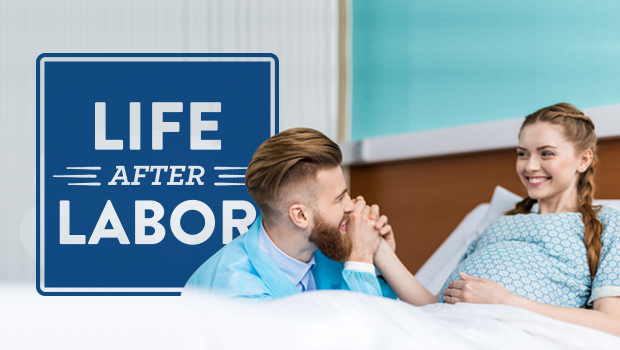
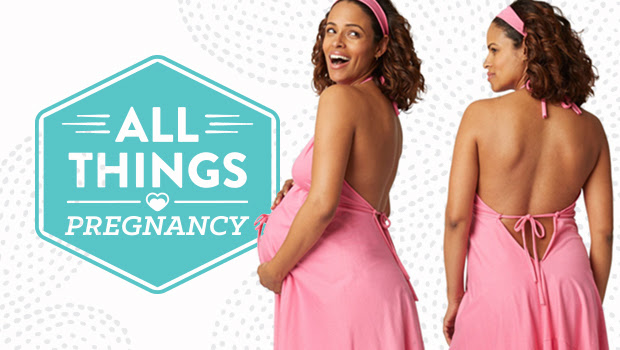
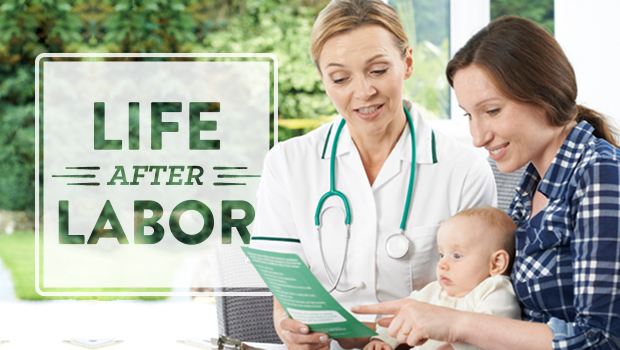
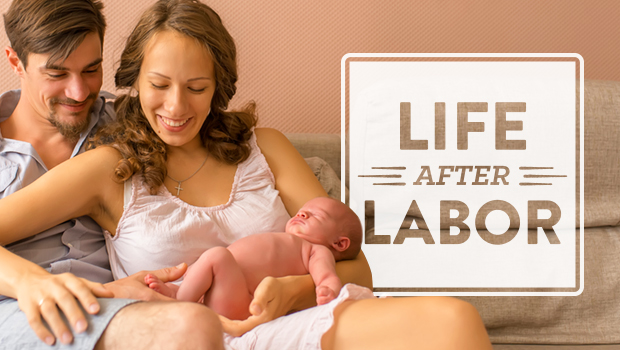
Comments
Comments are closed here.